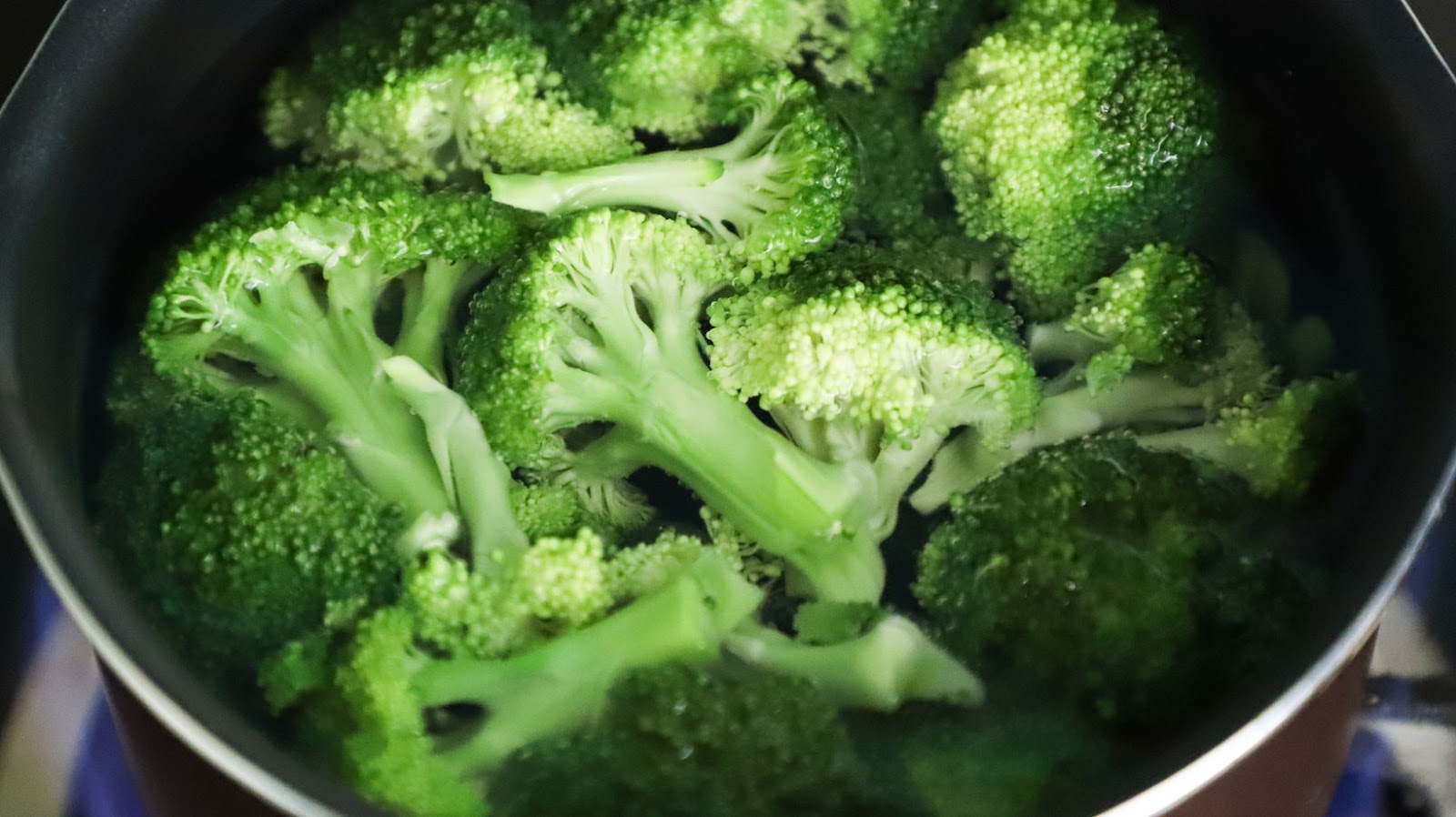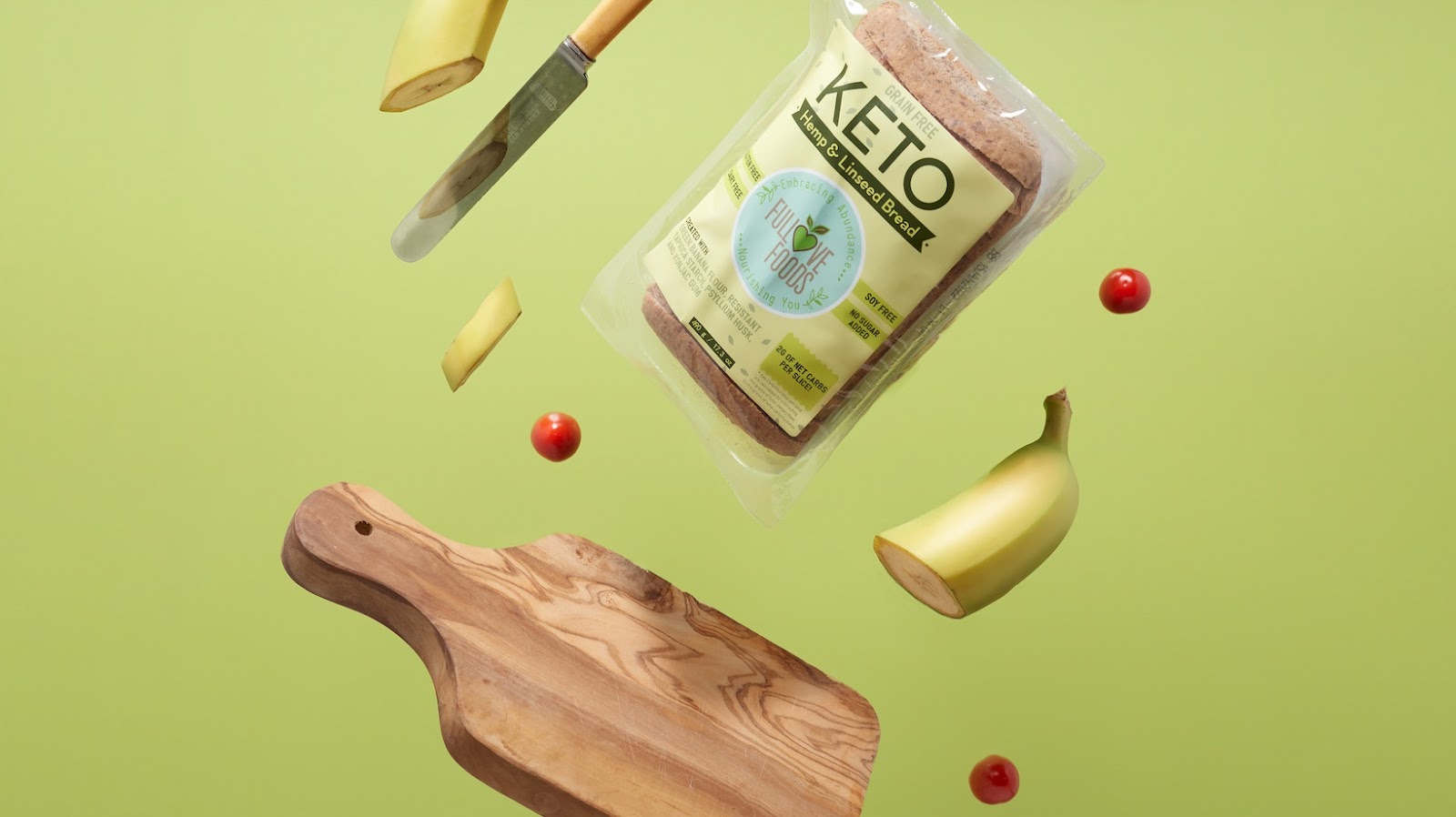
Keto Diet For Candida
The keto diet, short for ketogenic diet, is a low-carb, high-fat eating plan that has gained popularity in recent years. It focuses on drastically reducing carbohydrate intake and replacing it with healthy fats. By doing so, the body enters a metabolic state called ketosis where it becomes efficient at burning fat for energy.
The primary goal of the keto diet is to switch the body’s fuel source from glucose (derived from carbs) to ketones (produced from fats). This shift in metabolism can have numerous health benefits beyond just weight loss. Many people have found success with this approach to managing various health conditions, including candida overgrowth.
Benefits Of The Keto Diet For Candida
- Reduced Sugar Intake: Since sugar feeds candida growth, cutting down on carbs and sugars can help control its proliferation.
- Balanced Gut Flora: The ketogenic diet emphasizes whole foods like vegetables and healthy fats that support a balanced gut microbiome.
- Improved Energy Levels: By providing sustained energy through fat metabolism, the keto diet can help combat fatigue often associated with candida overgrowth.
- Weight Management: The keto diet’s focus on fat burning may aid in achieving and maintaining a healthy weight, which is beneficial for overall well-being.
It’s important to note that while the keto diet can be helpful for managing candida, it should be done under the guidance of a healthcare professional or registered dietitian. Each individual’s needs may vary, and it’s crucial to ensure proper nutrient intake and monitor any potential side effects.
- Non-starchy vegetables: Load up on leafy greens like spinach, kale, and broccoli. These low-carb veggies provide essential nutrients while keeping your blood sugar levels stable.
- Healthy fats: Incorporate sources of healthy fats into your meals, such as avocados, coconut oil, olive oil, and nuts. These fats not only provide satiety but also support gut health.
- Lean proteins: Opt for high-quality sources of lean protein like chicken breast, turkey breast, fish (such as salmon or tuna), and tofu. Protein is crucial for cell repair and immune function.
- Fermented foods: Include fermented foods in your keto diet to promote the growth of beneficial bacteria in your gut. Examples include sauerkraut, kimchi, kefir (unsweetened), and plain yogurt (without added sugars).
- Anti-inflammatory spices: Incorporate herbs and spices known for their anti-inflammatory properties into your meals. Turmeric, ginger, garlic, cinnamon, and oregano are excellent choices that can help support immune function.
Foods To Avoid On A Keto Diet For Candida
- Sugar and Sweeteners: Candida thrives on sugar, so it’s crucial to eliminate all forms of sugar from your diet. This includes refined sugars, high-fructose corn syrup, honey, maple syrup, agave nectar, and artificial sweeteners like aspartame and sucralose.
- Grains and Starches: Most grains and starchy foods are high in carbohydrates, which can disrupt ketosis and feed candida. Avoid wheat products (bread, pasta), rice, corn, oats, quinoa, potatoes, and legumes.
- Alcohol: Alcoholic beverages not only contain sugar but also promote inflammation in the body. Additionally, alcohol can weaken the immune system and make it harder for your body to fight off candida overgrowth.
- Fruit: While fruits are generally considered healthy choices on a regular ketogenic diet, they can be problematic when dealing with candida overgrowth due to their natural sugars. Limit or avoid fruits such as bananas, grapes, mangoes, pineapples until your condition improves.
- Dairy Products: Some individuals with candida may have an intolerance or sensitivity to dairy products due to their lactose content. It’s best to avoid milk (including cow’s milk), cheese made from cow’s milk (e.g., cheddar), yogurt containing added sugars or fruit flavors.
- Processed Foods: Processed foods often contain hidden sources of sugars or unhealthy additives that can negatively impact your gut health and worsen candida symptoms. Stay away from packaged snacks like cookies, chips as well as processed meats and condiments.
- High-Carb Vegetables: While non-starchy vegetables are generally encouraged on a keto diet, certain high-carb vegetables should be limited when dealing with candida overgrowth. These include carrots, peas, corn, sweet potatoes, and beets.
Remember that every individual’s response to food can vary, so it’s important to listen to your body and consult with a healthcare professional or nutritionist before making any significant dietary changes. By avoiding these foods, you’ll create an environment in your body that discourages candida growth and supports your journey towards better health on a keto diet for candida.

